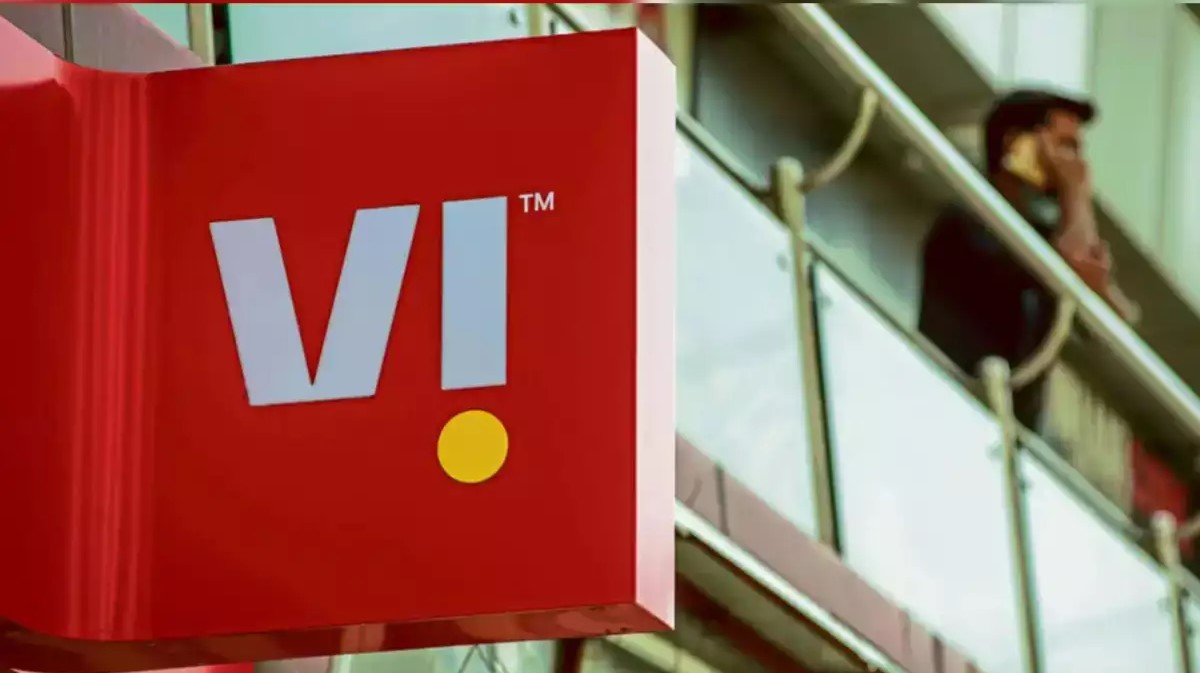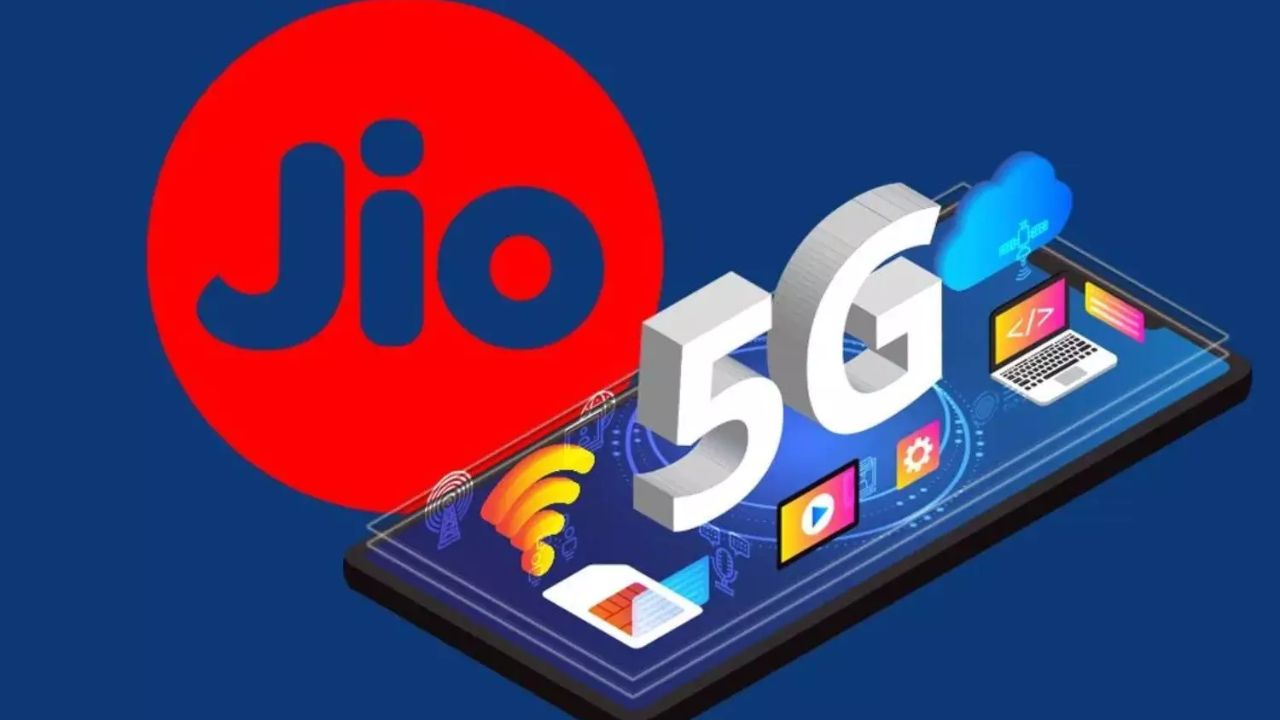Vodafone Idea (Vi) shares slipped to a fresh 52-week low of ₹6.12 on Thursday, August 14, 2025, just hours before the company was set to release its first-quarter (Q1) results for the 2025-26 fiscal year. The drop underlines growing unease among investors about the telecom operator’s fragile financial position. Over the past year, the stock has lost nearly 60% of its value.
With Q1 results looming, investors and analysts are watching closely for even the smallest hints of operational improvement or a more convincing plan to address its deep-rooted financial problems.
Key Takeaways
- Vodafone Idea shares hit a new 52-week low of ₹6.12, continuing their downward trend.
- The fall reflects persistent worries over debt, widening losses, and slow progress in securing funding.
- Q1 FY26 results will be closely scrutinized for signs of a turnaround.
- The company is in talks with private credit funds to raise capital after struggling with bank loans.
- Rivals Reliance Jio and Bharti Airtel have posted strong Q1 results, increasing competitive pressure.
Vodafone Idea’s Financial Struggles
Vi, a joint venture between the Aditya Birla Group and Vodafone Group, has been grappling with severe financial stress for years. By March 2025, the company’s net worth stood at a negative ₹70,320 crore, reflecting years of accumulated losses. On top of this, Vi carries a heavy debt load, including statutory dues and deferred spectrum payments.
Such financial strain has made it difficult for the company to invest meaningfully in its 4G network or roll out 5G services at the pace of its competitors. In a market where speed and scale matter most, this gap is worrying. Rivals like Reliance Jio and Bharti Airtel are not just expanding quickly, they are also reporting healthier margins and stronger ARPU (average revenue per user), a crucial profitability measure.
The Role of Competition
India’s telecom market is fiercely competitive, and Vi is feeling that pressure more than ever. Jio and Airtel have moved fast with their 5G expansions, supported by strong subscriber growth and tariff increases. Their Q1 results show solid performance, widening the gap further. Vi’s ARPU continues to lag, and without the financial flexibility to push aggressive upgrades or marketing, closing that gap will be challenging.
Fundraising and Future Outlook
To bridge its funding shortfall, Vi’s board has approved a plan to raise up to ₹20,000 crore through a mix of equity and debt. Its follow-on public offering (FPO) brought in ₹18,000 crore, but securing the remaining debt has been slow. Reports indicate the company is in discussions with private credit funds, suggesting difficulty in obtaining loans from traditional banks.
In an effort to reduce costs, Vi also plans to acquire a 26% stake in a renewable energy special-purpose vehicle (SPV) to secure cheaper power for its network operations. While this could help lower expenses over time, it will not solve the immediate challenges.
As the Q1 results approach, expectations are modest but the stakes are high. For many investors, this quarter could be a turning point, either offering reassurance that Vi is edging toward stability or confirming fears that the road to recovery is still far too long.
Frequently Asked Questions (FAQs)
Q: What is the 52-week low and 52-week high for Vodafone Idea stock?
A: Vodafone Idea’s 52-week low is ₹6.12, reached on August 14, 2025. The 52-week high is ₹16.55, which was hit on August 29, 2024.
Q: What is Average Revenue Per User (ARPU)?
A: Average Revenue Per User, or ARPU, is a key performance indicator in the telecom sector. It is a measure of the total revenue divided by the number of subscribers. A higher ARPU indicates that a company is earning more from each of its customers.
Q: Why is Vodafone Idea’s stock price falling?
A: The stock price is falling due to concerns about the company’s financial stability, high debt levels, consistent losses, and intense competition from other telecom operators like Reliance Jio and Bharti Airtel. The delay in securing bank financing also worries investors.
Q: Who are the main competitors of Vodafone Idea in India?
A: The main competitors of Vodafone Idea (Vi) are Reliance Jio and Bharti Airtel. These two companies hold the majority market share in the Indian telecom sector.
Q: What does the government’s stake in Vodafone Idea mean for the company?
A: The government of India became the largest shareholder in Vodafone Idea after converting over ₹36,000 crore of the company’s dues into equity. This move gives the government a significant stake in the company and shows its support to prevent the collapse of a third major telecom player.


















